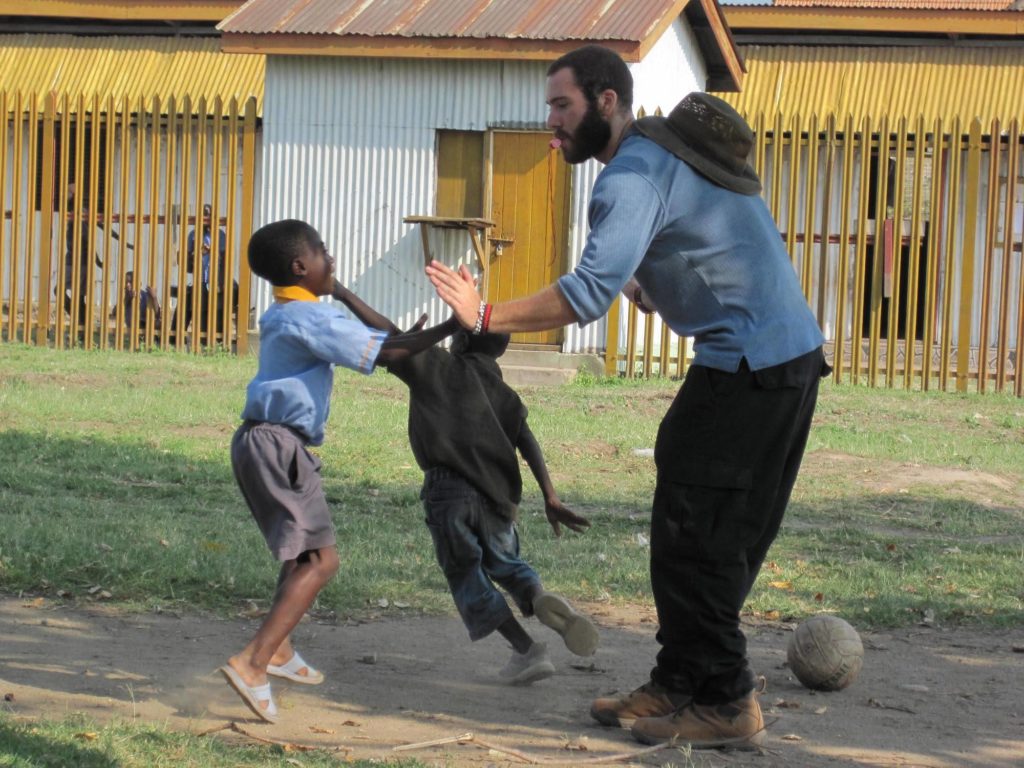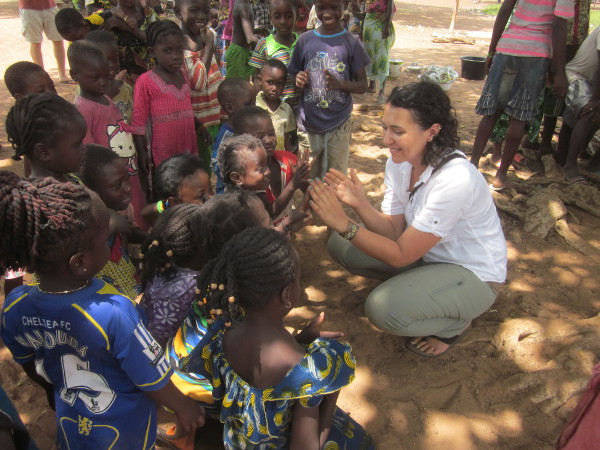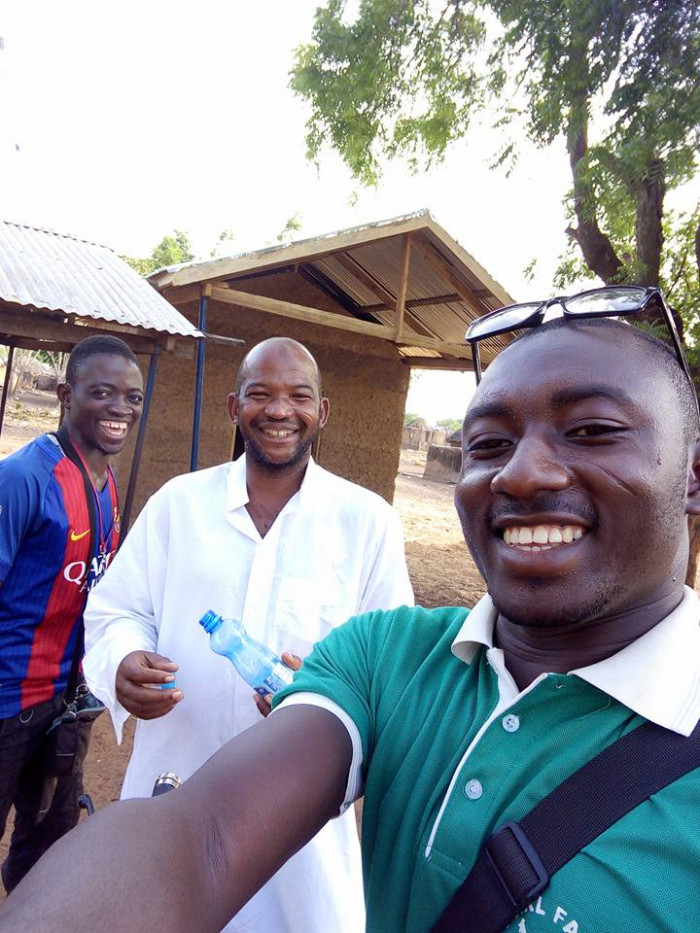
Guest blog: In Service, be as Selfish as Possible
By AdministratorThere is a cautionary tale that frequently surfaces in discussions about international aid. Women from a particular village walk miles to the river to do laundry despite the donation of a laundry trough circling the village’s water tank. The organization that donated the washing station failed to realize that laundry time serves another function: women-only social time. The laundry trough in the village didn’t offer the women the same respite from men, and the women couldn’t chat with each other around the tank as easily as they could at the river.

I believe that a Humanist Action: Ghana volunteer could have helped the international aid organization tell a success story instead of a cautionary tale. By observing the women, doing laundry with them, learning from them about their needs, and including them as essential, leading members of the problem-solving team, the HA: Ghana volunteer could have helped the locals and the international aid organization co-design a sustainable solution. In a nutshell, this is the kind of work that the HA: Ghana does, and this is the kind of engagement HA: Ghana asks of its volunteers.
What makes this kind of volunteering rare, and why is it so important?
Sustainable, effective, culturally-responsible volunteering is rare because it’s difficult and time-consuming to build the necessary relationships. Many international volunteering programs don’t see the cross-cultural relationships as an essential part of the mission. The relationships may benefit the volunteers, sure, but the volunteers are already guaranteed to benefit from the experience and cross-cultural relationships aren’t part of the benefit promised to the locals.

It is understandable that volunteers would be concerned about maximizing their impact and might even feel a little guilty hanging out with the locals. After all, international volunteering opportunities often exist only because of global inequalities created by the very countries volunteers are from. When volunteers spend time building relationships, aren’t they selfishly wasting time that they should be spending on improving lives?
No. Emphatically no. Volunteers only perpetuate oppression when they focus on their personal impact to the exclusion of all else. One of the tragically ironic consequences of imperialism is that the exploited are seen as having nothing to offer, even as they are still being plundered. It is a revolutionary act for a volunteer to acknowledge and embrace the benefits they receive when they adapt to another culture. Moreover, when volunteers are focused primarily on changing the environment, they often miss the opportunity to be changed by it. That missed growth is a profound loss, because learning and adapting to the local environment by building real, reciprocal relationships is the key to implementing sustainable solutions as well as the most rewarding aspect of the volunteering experience.
There is a strong positive correlation, not a zero-sum relationship, between the benefits that a volunteer receives and gives. The kind of volunteer work that is most rewarding for volunteers – cross-cultural learning and relationship-building – is also the kind of volunteer work that leads to sustainable solutions. Thus, the only way to serve responsibly and effectively is to embrace the selfishness inherent in service. When we see every interaction not as an opportunity to teach or to give but rather as a chance to learn and receive, only then do we come to understand what strategies are appropriate for the cultural context. If you can see the beauty in that paradox, then I invite you to apply for the 2019 Humanist Action: Ghana.
To apply fill out the application form and attach a cover letter and your resume. Your cover letter should include why you are interested in volunteering with HA: Ghana, a summary of your service, and a summary of your international experience. Your cover letter should be no more than one (1) page, single-space, 11 point font.
Applications must be submitted by January 15th, 2019. All applicants must be 18 or older and available from July 2019 to July 2020.
Learn more here.
